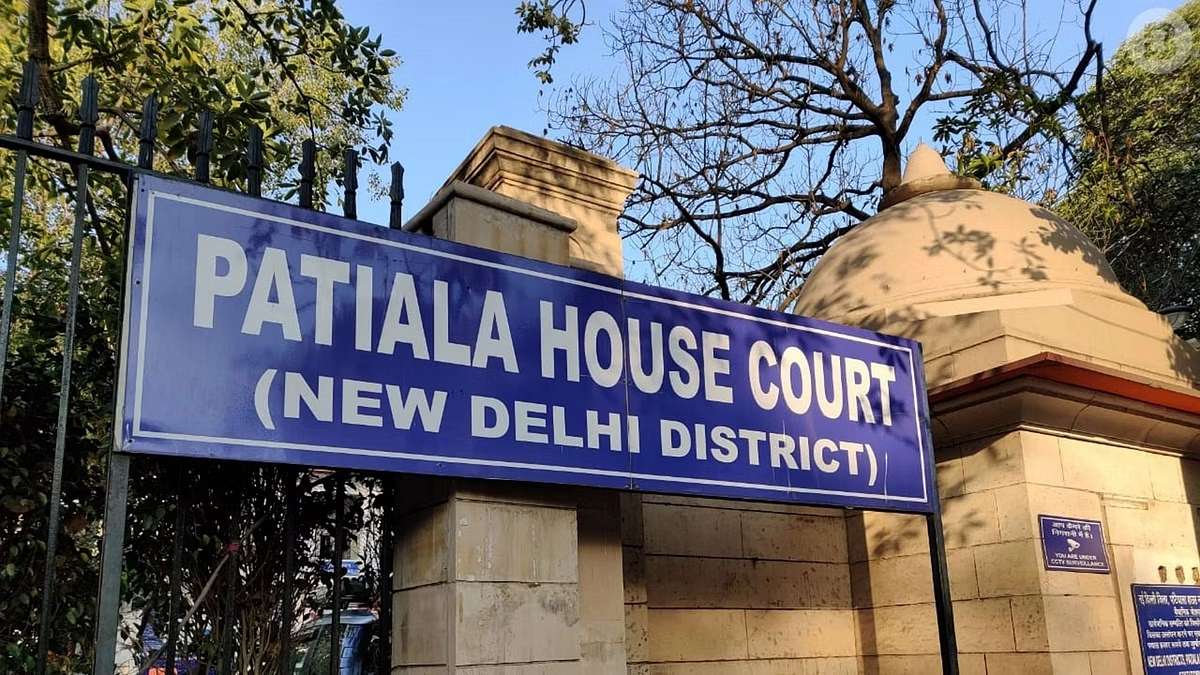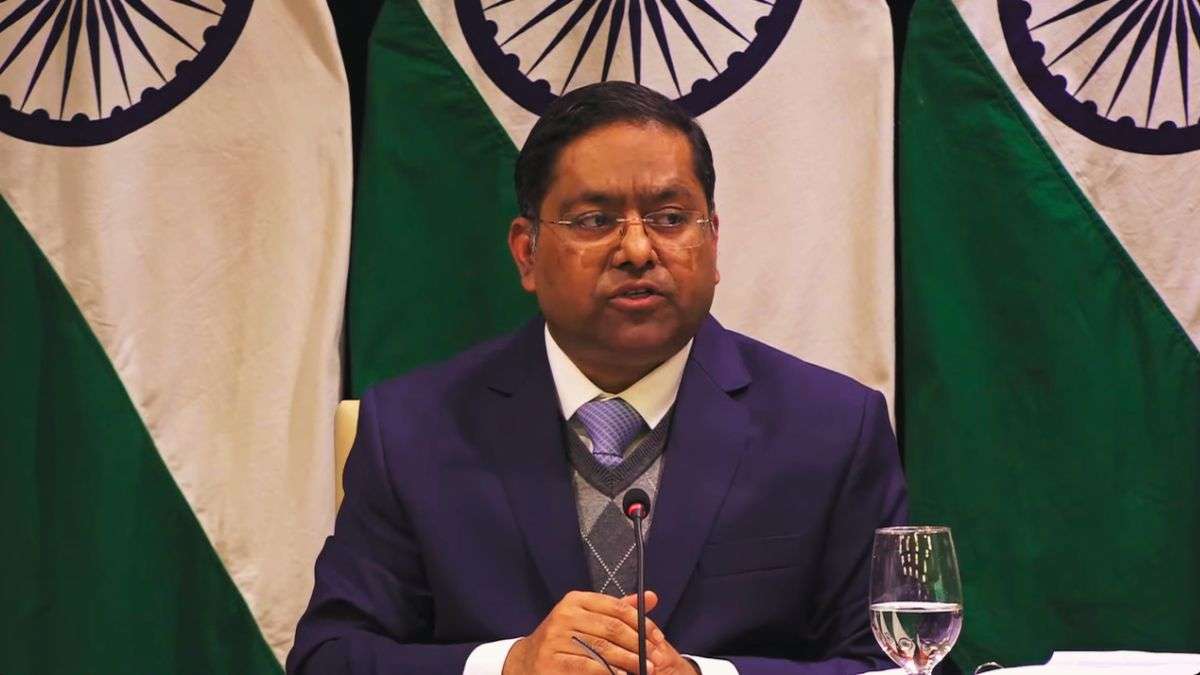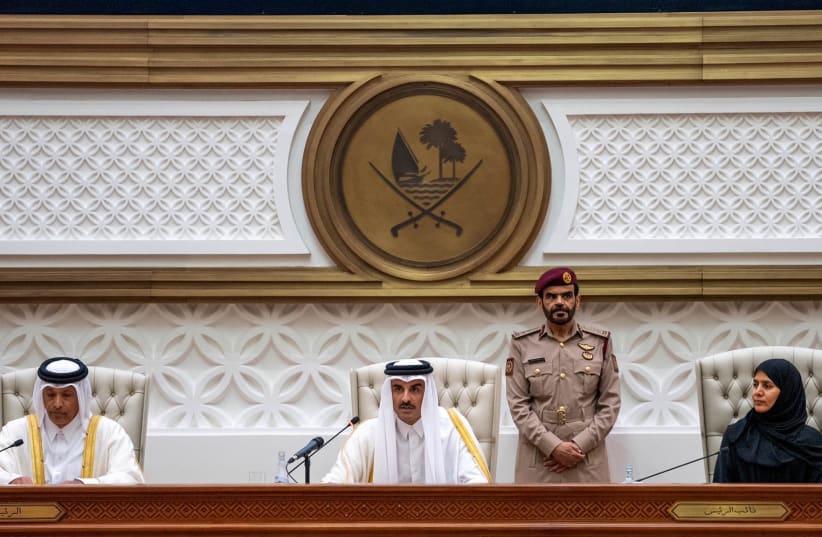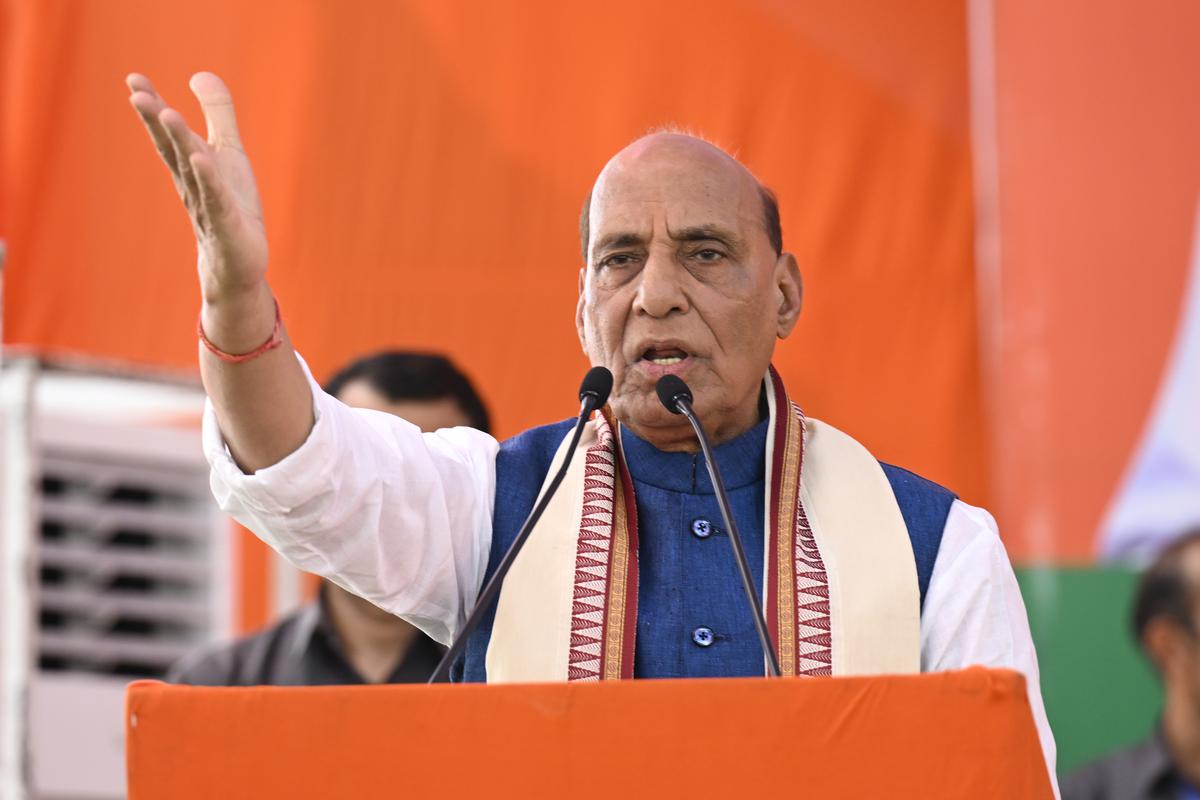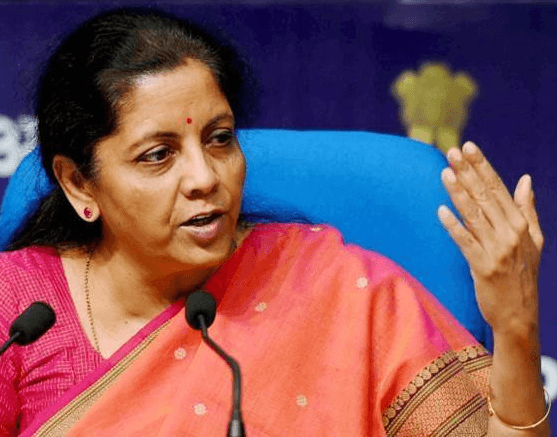A Delhi court recently made an observation regarding a case registered under the Unlawful Activities (Prevention) Act (UAPA) that mere possession of jihadi literature having a particular religious philosophy would not constitute an offence unless there is material to show execution of such philosophy to commit terrorist acts.
“to hold that mere possession of Jihadi literature having a particular religious philosophy would amount to an offence, though such literature is not expressly or specifically banned under any provision of law, is not fathomable in law unless and until there is material about execution of such philosophy so as to do terrorist acts. Such a proposition runs counter to the freedoms and rights guaranteed by Article 19 of the Constitution,” Principal District & Sessions Judge Dharmesh Sharma of Patiala House Courts said.
The court made the observation while framing charges against nine accused Muslims in an NIA case related to the online propagation of Islamic (ISIS) ideology. The accused in the case are from Kerala, Karnataka, and Kashmir.
The court framed charges against Mushab Anwar, Rhees Rasheed, Mundadiguttu Sadanananda Marla Deepthi, Mohd. Waqar Lone, Mizha Siddeeque, Shifa Haris, Obaid Hamid Matta, and Ammar Abdul Rahiman under Sections 120B of the IPC read with Section 2 (o), 13, 38, and 39 of the UAPA.
Following the charge sheets filed by the NIA, the court observed that the extraction of data from the digital devices and social media accounts revealed that all the accused persons, except Muzamil Hassan Bhat one of the accused who was discharged, were accessing Jihadi material from the internet. It added that the accused were also advocating and disseminating such ideology or philosophy of ISIS through their private and public social media accounts.
“There is prima facie substance in the prosecution case that the accused were disseminating inflammatory and provocative Jihadi material through various social media accounts, and thus, were attempting to pollute the minds of ‘gullible’ Muslim youths to further the activities of the banned terrorist organisation. To sum up, even a casual reading of the messages, chatting, dialogues, comments, and the whole tone and tenor of the entire material extracted from the digital devices of the accused persons would show that there was deliberate attempt to cause disaffection against the country,” the court said.
On the matter of terrorist acts under UAPA, the court said that although the accused persons prima facie had committed offences under sections 2(o) and 13 of the UAPA, however, there was no material to hold that any of them committed any terrorist act within the meaning section 15 of the Act.
“No physical act has been attributed to them leading to commission of a terrorist act or any act or omission shown to be preparatory to doing of a terrorist act,” said the court.
It was further observed that there was no material collected showing that any of the accused procured arms or ammunition or explosive substances or at attempted to acquire the same or planned to commit any terrorist act so as to cause large-scale disturbances or fear in the mind of the general public.
“If the prosecution story is believed, some of the accused persons were highly motivated to undertake Hijra i.e., mass exodus to ISIS-controlled territories or for that matter to the State of Jammu & Kashmir, which desire could never materialize, and that by itself is no offence under section 18 of the UA(P) Act. There is no material that any of the accused individually or for that matter in association with one or the other planned to carry out any terrorist act,” the court added.
On the matter of membership with the banned organisation, the court said that though the accused persons had been probably aspiring to become members of ISIS, however, none of them was an active member of the said organisation.
“There is no evidence that there is ever any acknowledgement by anyone in the Command hierarchy of the ISIS or its subsidiary or affiliated outfit treating any of the accused as its foot soldiers or members of any sleeper cell, ” the court said.
“Even if they were impressed by the said philosophy and ideology, still they cannot be said to be members much less such members as would attract the penal liability of the said organization,” the court added.
The court further declined to file charges under section 121A of the IPC against the accused, stating that there was no material to hold that any of them were conspiring to wage war against the government of India.
“Mere accessing and reading articles or information about IEDs on the web world by A9 and A10 without any proof of actual or physical act of assembling and manufacturing such device is hardly of any consequence. There is no material that any of the accused persons individually or group was conspiring to wage war against the Government of India and/or indulge in any kind of terrorist act,” the court stated.


